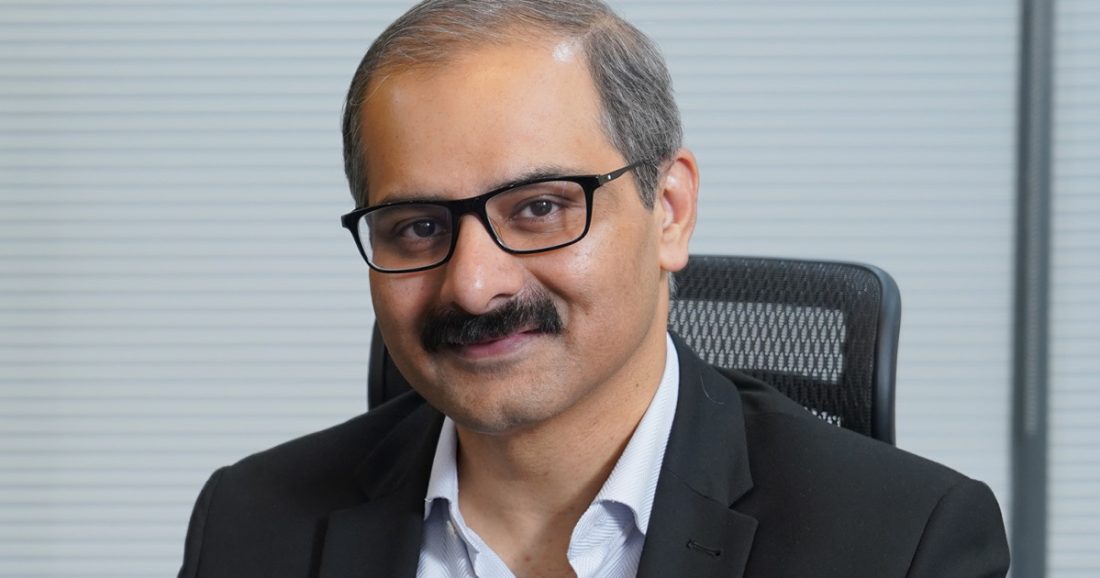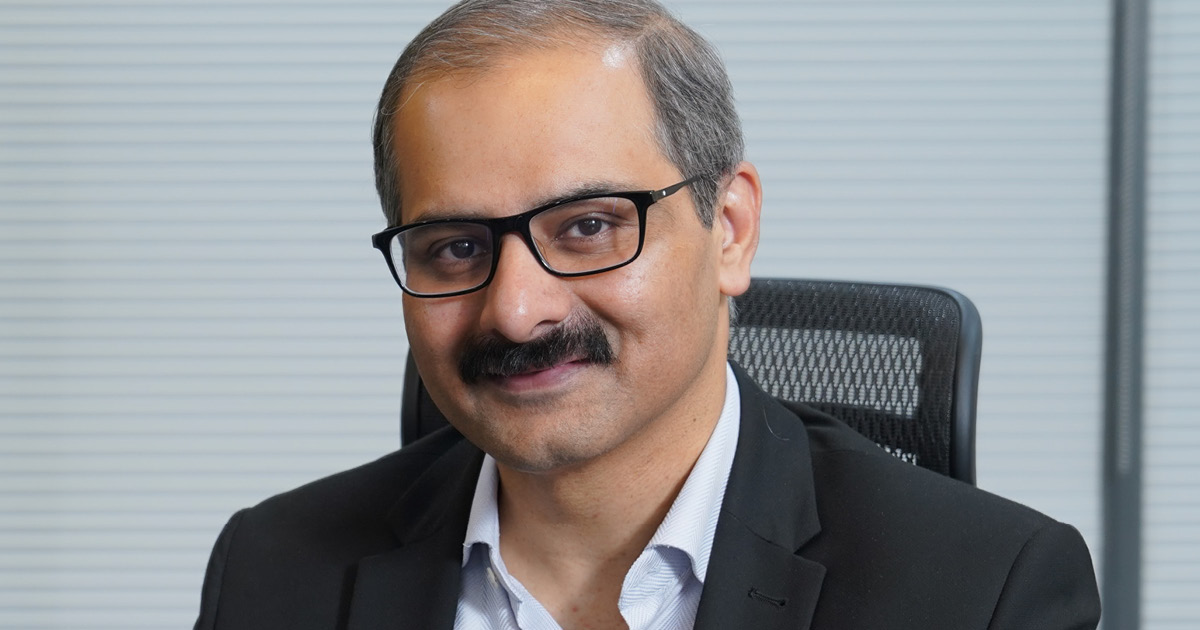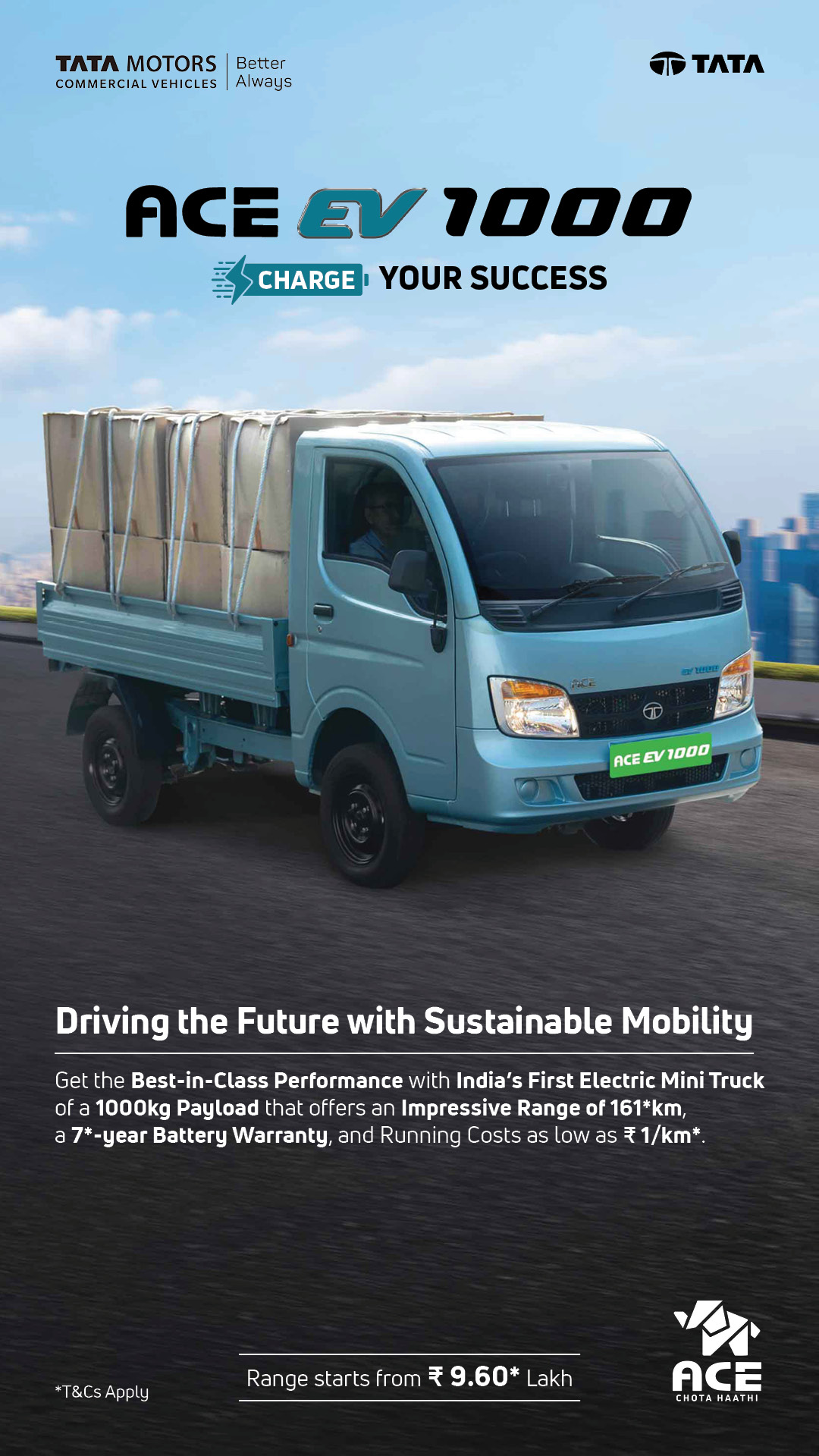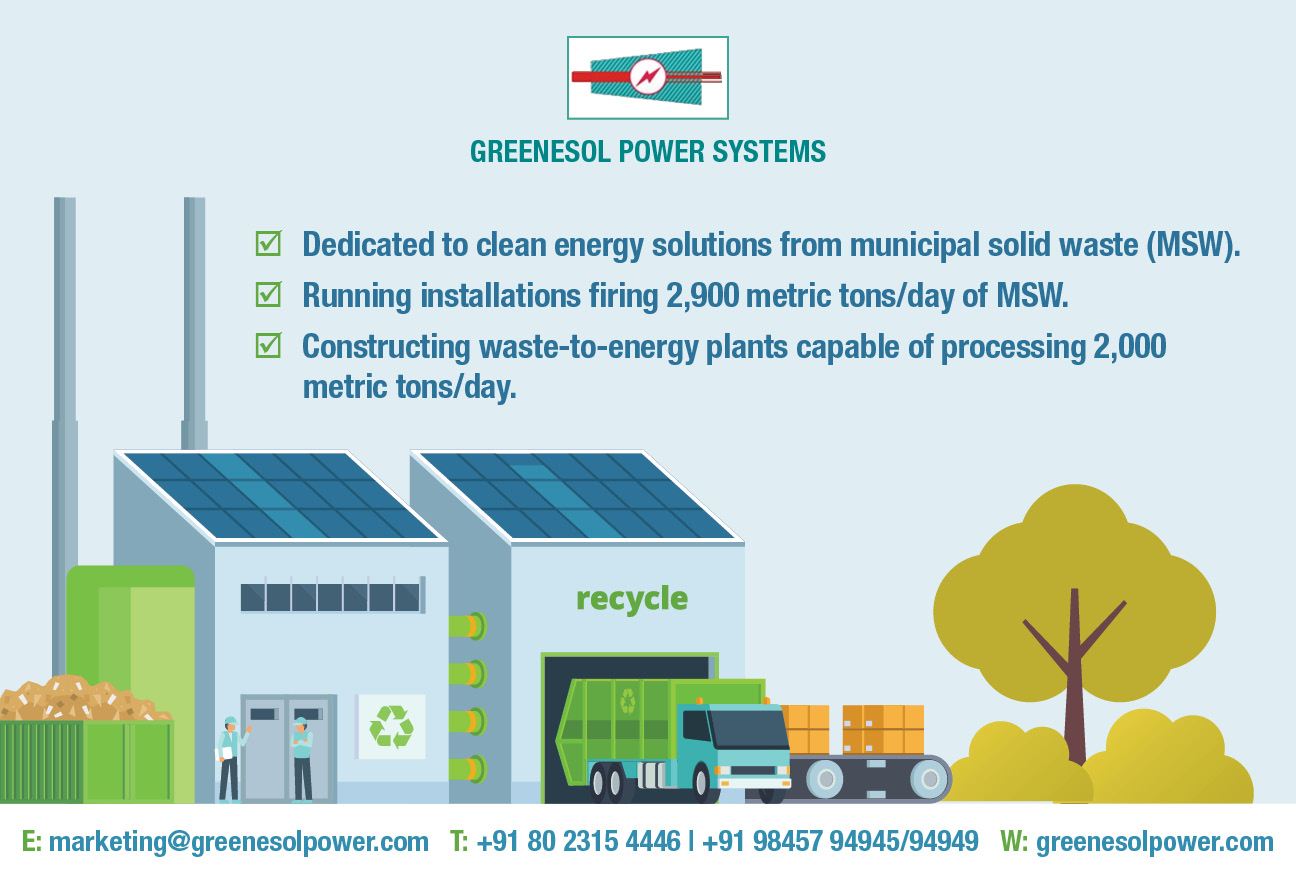Used effectively, resource management is the ideal way to thoughtfully dispose of waste in an environmentally friendly way. With the global construction boom coinciding with the rise of sustainability in the corporate world, resource management companies are in hot demand.
Such work provides significant benefits not just for today’s world, but for tomorrow and far into the future. The largest integrated resource management company in India, Re Sustainability, takes this responsibility very seriously.
“Historically, resource management was essentially waste collection and disposal, not a true environmental business where you treat the waste, recover value from it, recycle it and put it back into use,” says Masood Mallick, Managing Director and Group CEO at Re Sustainability.

Farz, Dubai – State-of-the-art AI-enabled self-learning Material Recovery Facility
“I’ve been in this industry since the 1990s, and in some ways, this is a role I’ve been preparing for all my life. I’ve always believed we were heading toward a future where resource management wouldn’t just be an industry – it would be a necessity.”
We may already have reached that point. Mallick says resource management has gone from being seen as a borderline hobby to a crucial pillar of global business.
“Progressively, year after year, it’s become something central to our future. It’s integral not just to industry, but also to communities and institutions,” he explains.
Recovering value
For Mallick, it’s an opportunity to put his considerable experience behind creating an impact on a global scale.
“Re Sustainability has global ambition,” he says. “It’s a platform that creates economic value for shareholders but also creates significant sustainability impact in all the communities and geographies in which it operates.”
“Put all of that recovered waste back into the economy and you’re mining less. You’re cutting fewer trees, using less water and burning less coal.”
And that’s a large footprint. Re Sustainability features more than 99 operating locations around the world and handles around seven million metric tons of waste annually.
“The amount of waste per capita in emerging economies has grown from 300 grams per person per day to 450 grams in the last three years alone,” he says.
“In India, we’re well on our way to a kilogram per person, per day. And the type of waste is changing as well. Earlier, it was more organic. Now it’s packaging materials, batteries and plastic. It’s on us to recover value from that waste, and that’s the journey we’re on.”
The Re Sustainability business model is centered around precisely that: recovering materials, fuel and energy from waste.
“Put all of that recovered waste back into the economy and you’re mining less. You’re cutting fewer trees, using less water and burning less coal.”
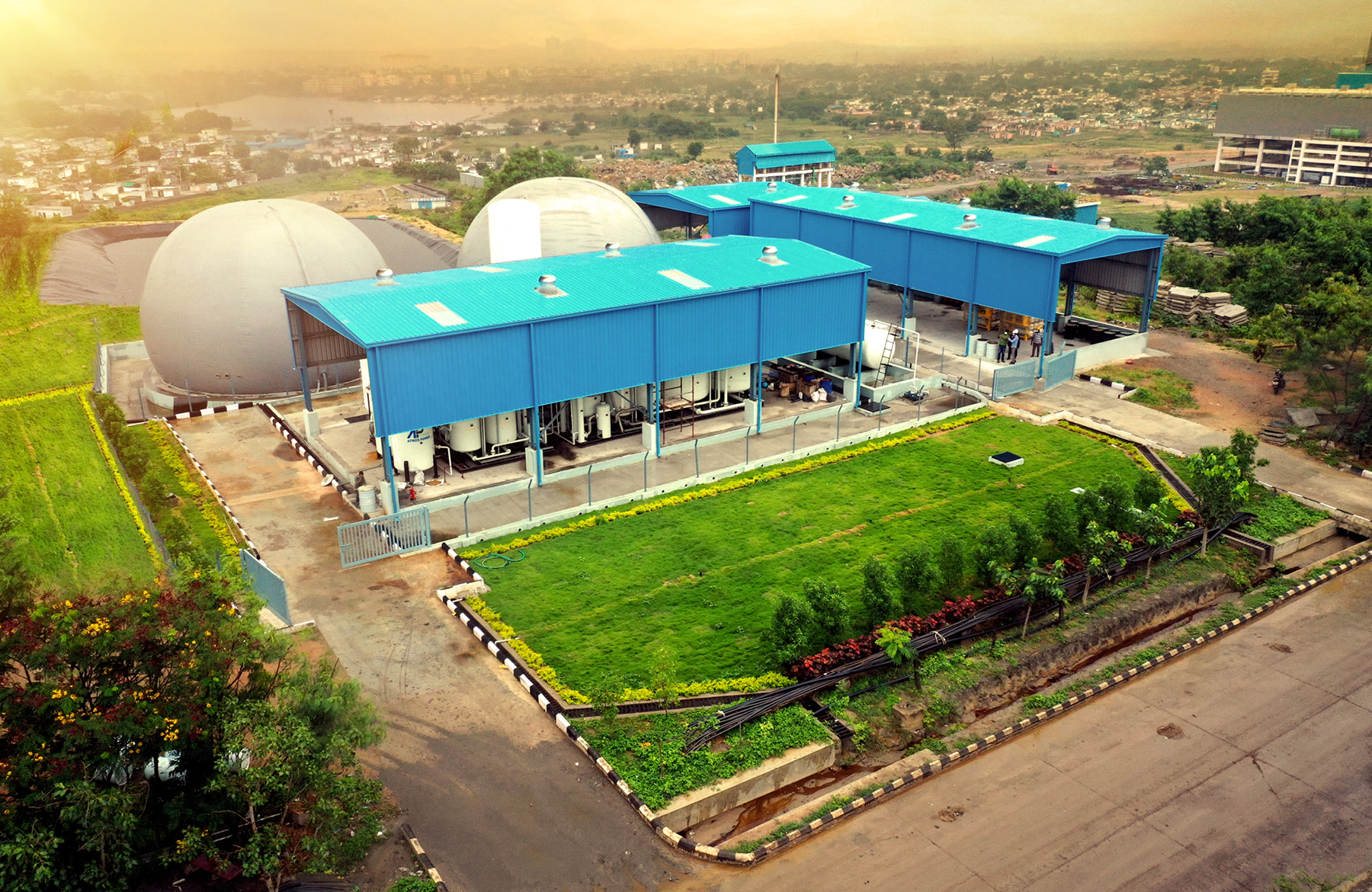
India’s largest and one of the world’s first landfill gas-to-compressed biogas plants, located in Hyderabad.
The processing of waste is another factor that’s changing rapidly and one that needs more investment to reach its full potential.
“We’ve demonstrated it’s possible to upcycle waste, making more money from resources recovered from waste than the original dollar value it held,” he says.
“It’s more difficult; it requires more technology, more capital and more effort, but I believe that’s the only way you can substitute the growing demand for materials. It is the future.”
Growth opportunities
Despite its ever-growing size and a supply chain of over 3,000 partners and key allies, such as KKR and Greenesol Power System, Mallick believes Re Sustainability is a 30-year-old startup.
“The scale of the opportunity in front of us and the market size we have to cater to is growing exponentially,” he says. “It’s unlike any other business operating today. Every sector has had its time, and it’s sustainability’s time right now.”
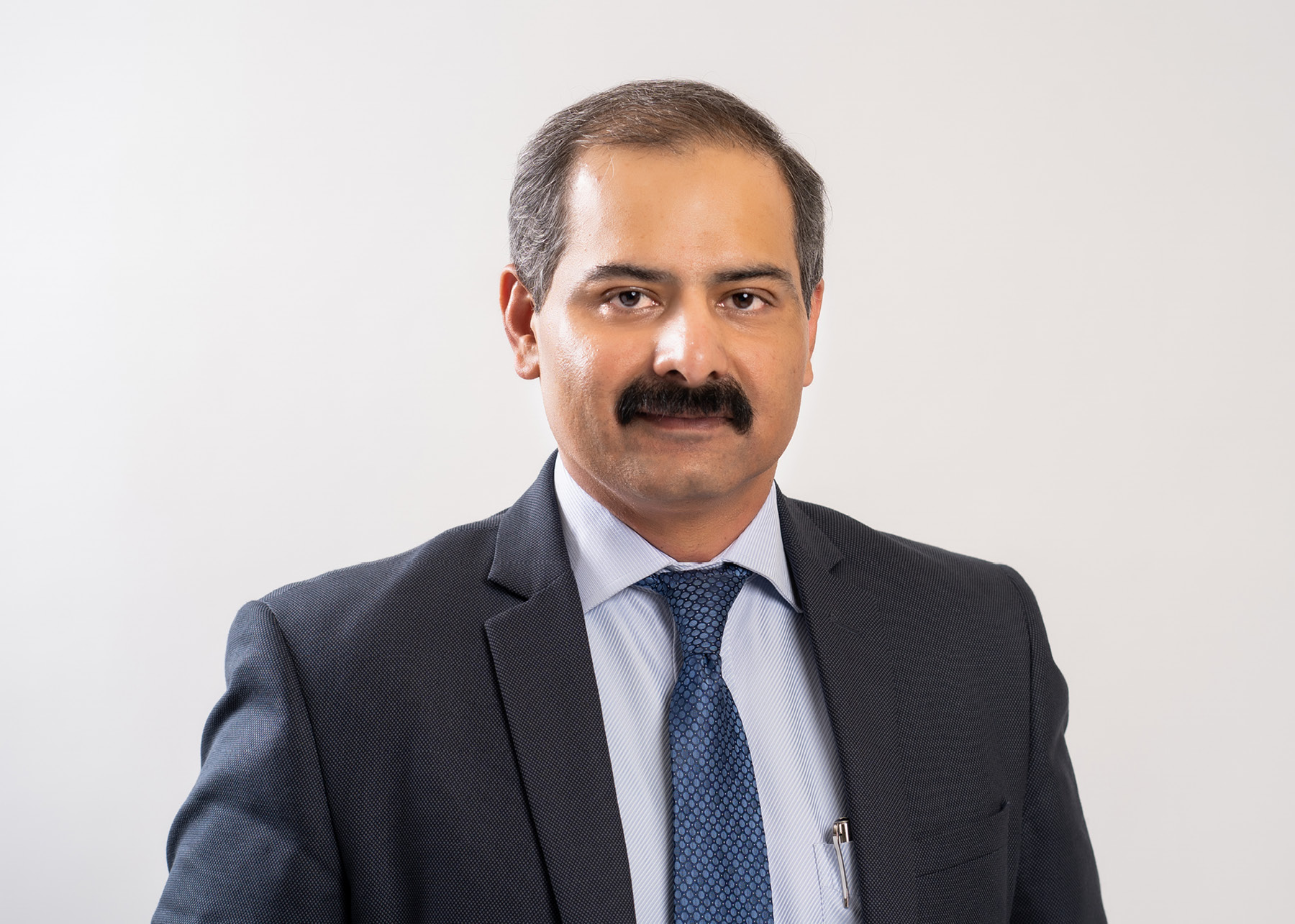
“Every sector has had its time, and it’s sustainability’s time right now.”
He says the next five years will be a critical time for the industry.
“We see ourselves rapidly growing in economic terms, in geographic footprint, in the number of segments we operate in and in the millions of lives we touch,” he explains.
“Right now we’re around 5,000 crore [five billion]. We will be at 25,000 crore [250 billion] in the next decade; we’re quite confident about that.”
Such a growth trajectory acts as a powerful attractor to those wishing to both make a difference and do well for themselves.
“We do not work with suppliers or vendors, and we don’t wish to be suppliers and vendors to anybody,” he says.
“We only want to be partners, and we’re proud that our partners come from all over the world. We’re also a technology-agnostic company – if useful technology exists, we’ll partner with that company because time to market is more important than ever.”
This inclusive philosophy applies in-house as well. Mallick says he wants Re Sustainability to practice what it preaches and to do that, he needs the best and brightest at his side as the company moves into the future.
“Resource management is an important sector to be a part of, and I’d encourage the smartest and most ambitious talent to join us,” he says.

